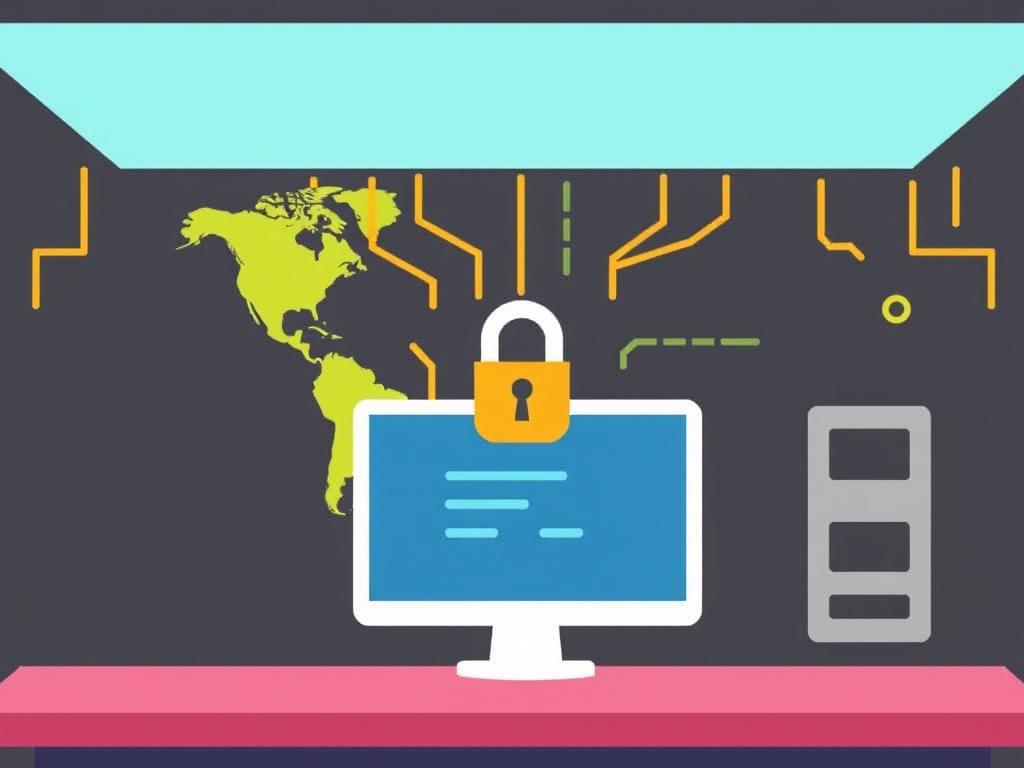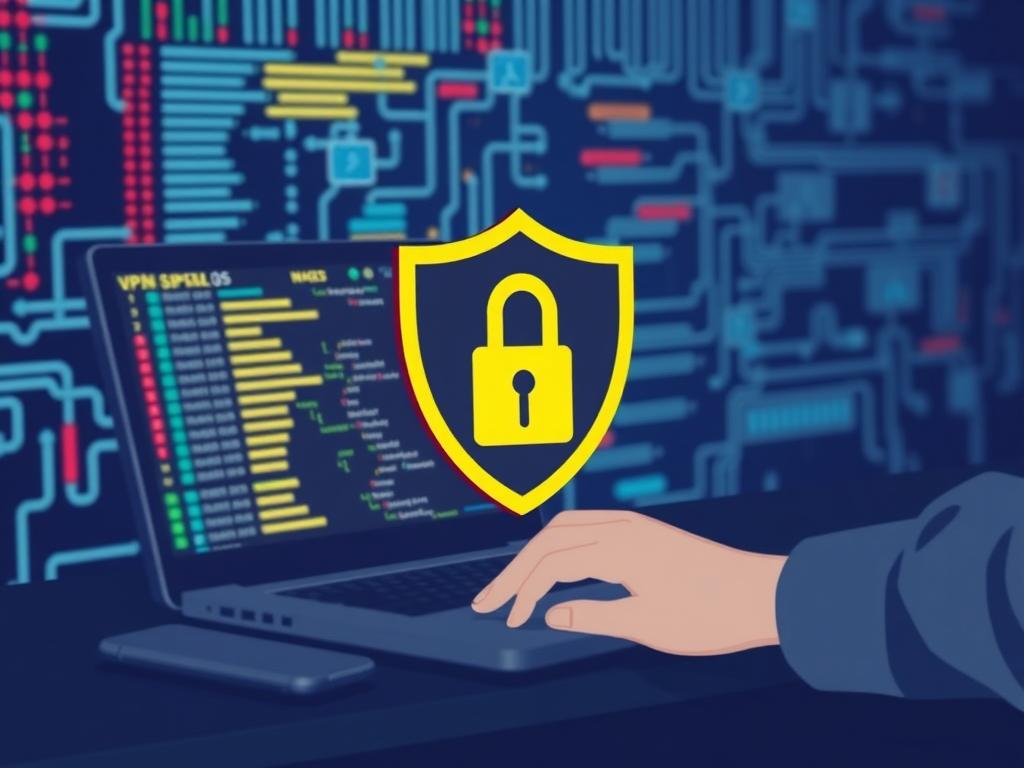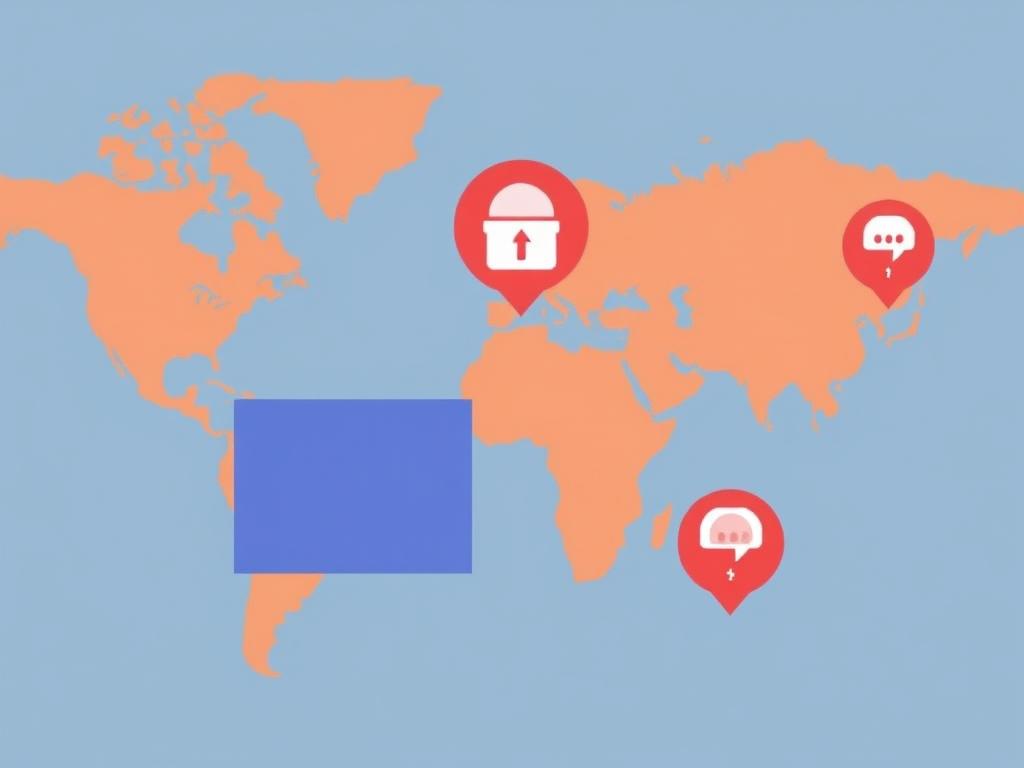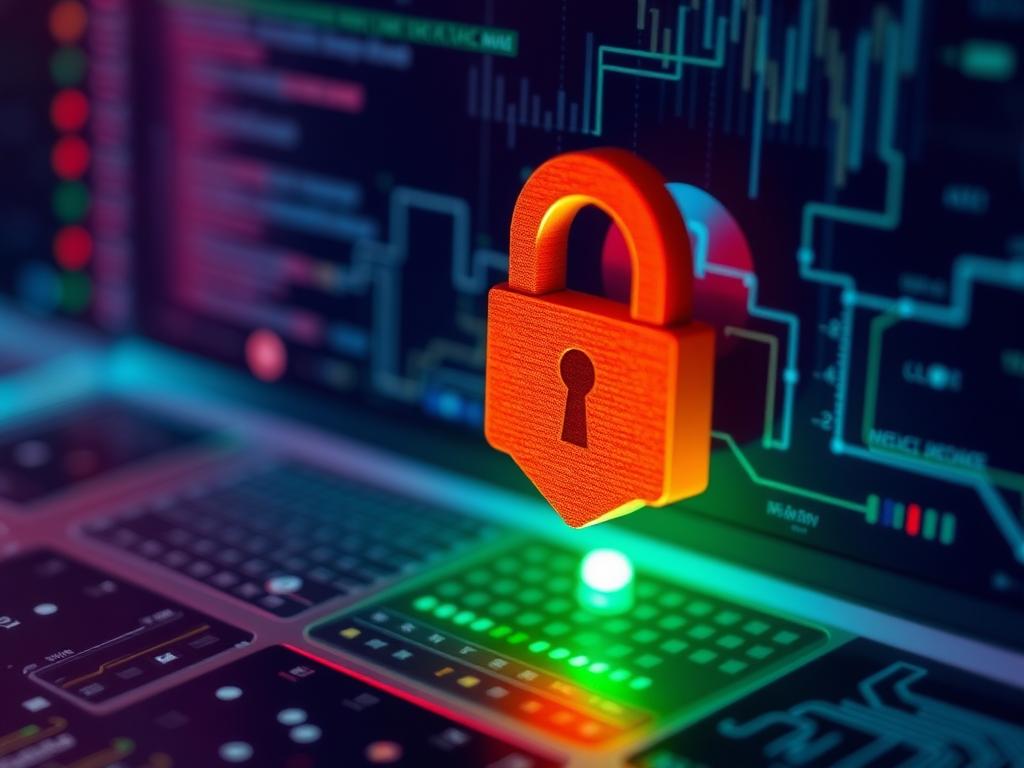In today’s digital age, privacy has become a hot topic for millions of internet users. If you’ve ever worried about your ISP tracking your online activity, you’re not alone. Using a Virtual Private Network, or VPN, is one of the most popular tools people turn to for protecting their privacy. But, can your ISP track you if you use a VPN? It’s a question that comes up frequently, and understanding the relationship between ISPs, VPNs, and online tracking is crucial for anyone who values privacy and security on the web. Let’s dive into the details and clear up the confusion once and for all.
What Does Your ISP Normally Track?
Your Internet Service Provider (ISP) is essentially your gateway to the internet. They provide the connection that sends and receives your online data. Without a VPN, your ISP has access to a lot of information about what you do online. This includes:
- Your browsing history and the websites you visit
- The times you connect and how long you stay online
- The type of devices you use and your IP address
- Downloads and uploads, including files shared via torrents
ISPs can legally collect this information in many countries, and in some, they’re required to retain it for law enforcement or government agencies. This level of transparency might make you uncomfortable, especially if you want to keep your browsing habits to yourself.
How Does a VPN Work?
A Virtual Private Network (VPN) acts like a secure tunnel between your device and the internet. When you connect to a VPN, all of your traffic is encrypted, meaning it’s scrambled so nobody — including your ISP — can read it. Instead of your data going directly to the website or online service you’re accessing, it first travels to the VPN server. From there, it goes out to the internet. This extra step does a few key things:
- Hides your IP address and replaces it with the VPN server’s address
- Encrypts all data sent and received, making it unreadable to outsiders
- Makes it appear as if you’re browsing from a different location
This combination of encryption and masking IP addresses is what gives VPN users a layer of privacy from ISPs and even hackers or government snoopers.
Can Your ISP Track You If You Use a VPN?
To answer this question simply: your ISP cannot see the contents of your internet traffic when you’re connected to a VPN. However, they can see some information because they still provide the internet connection that your VPN uses. Specifically, your ISP can observe:
| What the ISP Can See | Explanation |
|---|---|
| Your IP Address | They know your real IP because you connect from your home or mobile network |
| You Are Using a VPN | They can see encrypted data flowing to and from a VPN server, though not what’s inside |
| Time and Amount of Data Transferred | ISPs can track timestamps and the volume of your data usage |
What your ISP cannot see when you use a VPN include the specific websites you visit, the content you access, and any data you send or receive online. This is because all that traffic is encrypted and routed through a remote server.
Limitations of VPNs: What Your ISP Might Still Infer

While a VPN does offer significant obscurity, it’s important to understand the limitations. Since your ISP knows you’re connected to a VPN, they might infer some things about your activity based on usage patterns. For instance:
- If your VPN connection is constantly active and data-heavy, the ISP might guess you’re streaming or downloading large files.
- If you connect to a VPN server in a specific country, your ISP can see the server’s IP address, which could hint at what region or content you’re interested in.
- In some rare cases, VPN servers may keep logs that could potentially be requested by authorities — though many VPNs advertise “no-logs” policies.
Remember, not all VPN providers are created equal. Choosing a trustworthy VPN service that is transparent about its logging policies and has a strong privacy stance is essential.
How to Choose the Right VPN for Maximum Privacy

If you want to ensure your ISP can’t track your online behavior, look for VPNs with the following features:
- No-logs policy: The VPN doesn’t store your browsing data or connection timestamps.
- Strong encryption: Look for AES-256 encryption instead of weaker standards.
- DNS leak protection: Ensures your DNS queries don’t bypass the VPN and reveal your browsing information.
- Kill switch: If your VPN connection drops, the kill switch blocks internet access to prevent data leaks.
- Multiple server locations: Allows you to mask your location more effectively.
Other Ways ISPs May Track You Beyond VPNs

It’s also worth noting that technologies outside of VPNs may affect your privacy. For example:
- Browser fingerprinting: Some websites collect data about your browser and device settings to track you across the internet.
- Cookies and tracking scripts: These can follow your activity regardless of VPN usage.
- DNS filtering by ISP: Even if traffic is encrypted, some ISPs monitor DNS requests unless you use secure DNS (like DoH or DoT).
VPNs protect your traffic from ISP tracking, but you also need to combine them with privacy-conscious browsing habits to maximize your anonymity.
Summary: Can Your ISP Track You with a VPN?
In summary, using a VPN significantly limits what your ISP can monitor. They can still see you’re connected to a VPN and note metadata like timing and bandwidth, but not the actual content or websites you visit. This makes VPNs an effective tool for preventing ISP tracking, though it’s not a 100% anonymous solution on its own. Layering additional privacy tools and choosing a reputable VPN provider can give you the best protection available.
Conclusion
So, can your ISP track you if you use a VPN? Technically, they can see that you’re connected to the VPN and observe some metadata, but they cannot see the content of your online activity or the sites you visit due to encryption. A reliable VPN combined with good privacy habits offers you strong protection against ISP surveillance. However, it’s always important to choose your VPN carefully, understand its limitations, and take additional steps like using private browsers or secure DNS services to safeguard your online freedom. Remember, your online privacy is a journey, and a VPN is one of your most powerful tools along the way.
